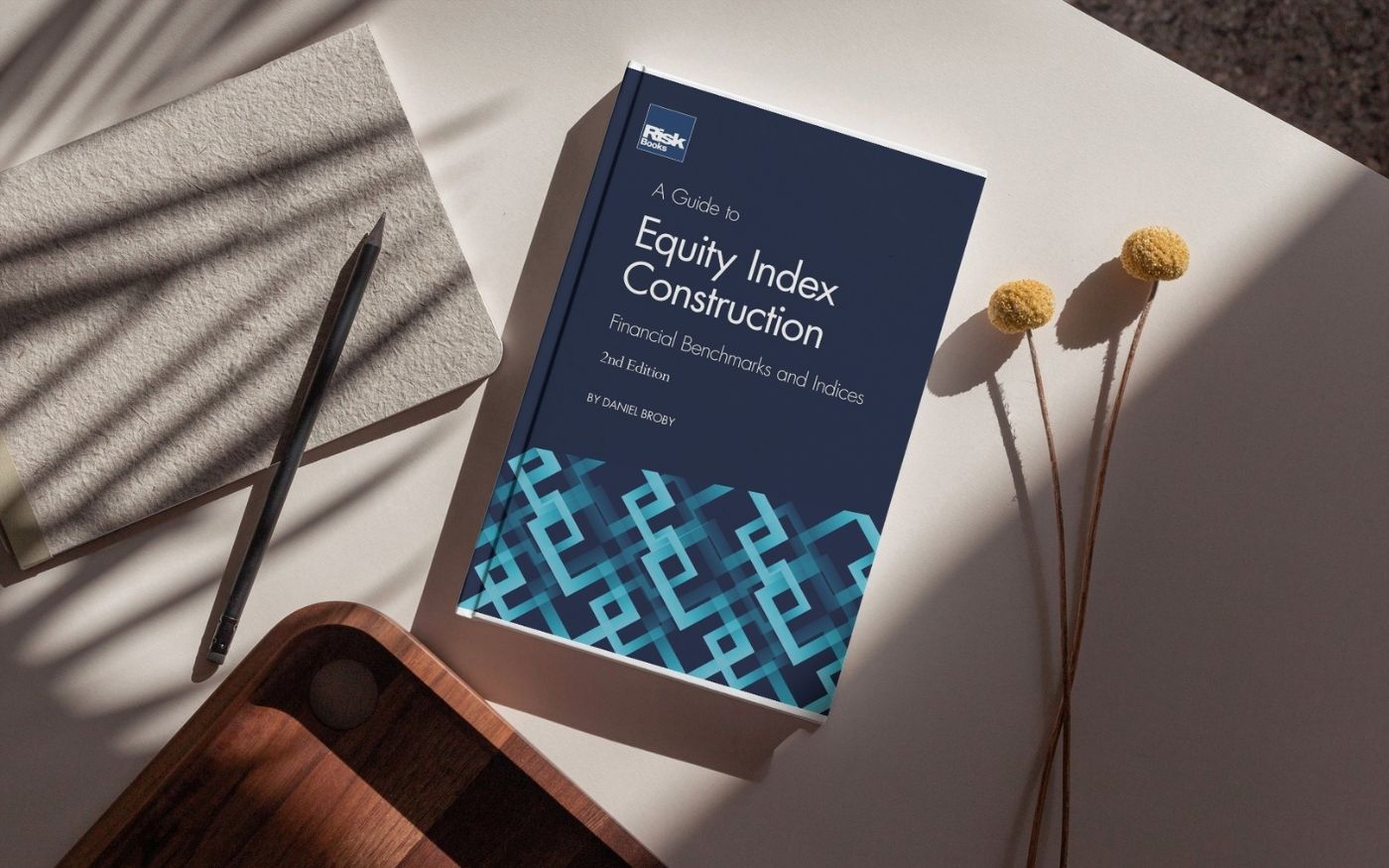Research by: Andrea Santiago, Fernando Martin Y. Roxas, and Ma. Theresa P. Mañalac
Abstract
Luckin Coffee Inc. (Luckin), an emerging growth firm that aimed to become the market leader in the coffee industry in China, had quickly grabbed market share by using freebies and discounts to entice cost-conscious Chinese consumers to try its products. Luckin sold its coffee and snacks through a proprietary mobile app, and customers either picked up their orders from strategically located stores or had them delivered. By the end of 2019, Luckin had served 40 million customers from its 4,500 stores. While the path to Luckin’s goal was clear, investigations revealed that key executives and board members had allegedly defrauded investors by distorting revenue and expense figures and engaging in related-party transactions that channeled resources out of the company. The accounting scandal led to further investigations, penalties from Chinese regulators, and a drop in the company’s share price and valuation, which went from $12 billion to below $1 billion within 11 months of listing. By August 2020, the company had been delisted from the Nasdaq exchange, its board composition had been changed, and it had been placed under the supervision of “light touch” provisional liquidators in the Cayman Islands. Was there a chance that Luckin could survive the scandal and its investors could recoup their funds? What could the company do to restore investor confidence and regain its path to becoming the market leader in the Chinese coffee industry? What were the implications of the accounting scandal to current and future listings on US stock exchanges?
Learning Objective
This case is designed for upper-level undergraduate- and graduate-level courses in finance or master of finance programs with a concentration in investments. This case highlights the risks and gains involved in investing in unicorns, particularly those that cross borders. It teaches students to identify red flags when making investment decisions, draws their attention to the roles and responsibilities of board directors—especially those of listed firms—and helps them understand the impact of failures in governance. After working through the case and assignment questions, students will be able to do the following:
- Assess the market power and economies of scale for a start-up using technology-enabled strategy.
- Evaluate the benefits and drawbacks of investing in unicorns.
- Review a corporate prospectus to identify red flags that require further scrutiny.
- Describe the role of short sellers in financial markets.
- Determine the role of board directors in boosting investor confidence.
- Assess the future of a distressed listed firm and evaluate its options.
- Outline the value of securities laws and its implications on cross-border investments.
- Explain how global financial markets affect economies.
Issues: unicorn, accounting scandal, emerging growth firm, start up, corporate governance, Chinese-listed firms
Disciplines: Finance
Industries: Accommodation & Food Services
Setting: United States; China, Large, 2020
Intended Audience: Undergraduate/MBA
To cite this case: Santiago, A., Roxas, F. M. Y., & Mañalac, M. T. P. (2020). Investing in a Unicorn: The case of Luckin Coffee gone rogue. Ivey ID: 9B21N001. London, Canada: Ivey Publishing.
To access this case: https://www.iveycases.com/ProductView.aspx?id=113765





